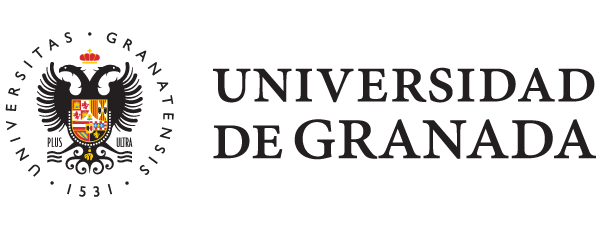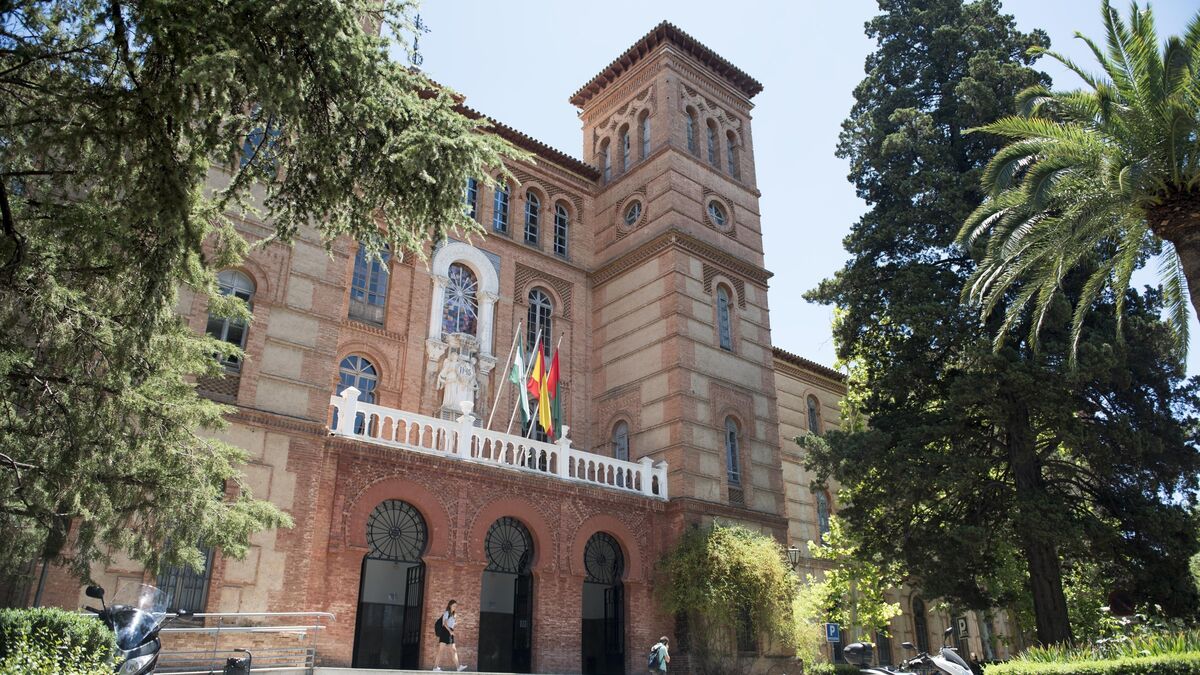Universidad de Granada
One of Spain’s classicals university founded in 1531. Leading European university in number of Erasmus students received.


Classical & Recognized
As a classical university (1531) with around 56,000 students, 3,600 lecturers, 1,900 technical staff, the UGR offers a wide range of courses at undergraduate and postgraduate level.
Every year over 4,800 international students choose the UGR to take full study programmes or via the approximately 800 exchange agreements in which the UGR is involved. The UGR is the leading European university in number of Erasmus students received, and in 2007, received the Erasmus Gold Star Award in recognition of its contribution to the programme. Additionally, the UGR is a full member of numerous international networks such as the Coimbra Group, UNIMED, EUA, IAU, EAIE, etc.
Mission and Objectives
As a public higher education institution it is committed not only to quality and excellence in education, learning and research but also to activities targeting the transfer of scientific, technical and artistic knowledge to society, the betterment of society and a sustainable environment. As a modern university with a long-standing tradition, the UGR strives for improved and increasing outreach and the promotion of strong links with its local and regional context. Respect for the dignity of individuals, freedom of thought and expression, justice, equality, solidarity and eradication of discrimination are among the main values of the UGR.
Due to its long-standing tradition, geographical location and high standards, both in teaching and research, the UGR regards internationalization as one of its strategic aims. – Main Projects / Activities: Its main activities are related to higher education, learning and research in a very broad sense. Its more than 100 departments carry out high quality research and teaching activities at all levels. Central services for students, research equipment, continuing education, summer schools, language training, transfer of knowledge, work placements, etc. are available for all the members of its academic community.
The UGR is involved in a vast number of national and international projects financed through different programmes such as FP7, LLP, Erasmus Mundus, Tempus, Erasmus+, H2020, Europe for Citizens. At this moment, the UGR is participating in >60 EU funded education projects being the coordinator of > 10 of them. The International Relations Office-IRO counts with a specific unit composed of 6 staff members who deal with the management of international education projects in close cooperation with the rest of key units (finance, information, mobility…) within the IRO.
The university professors participating in the project are part of a transdisciplinary team, the common lines of work learning in the school environment in a multicultural context, the reality of the locality in which the Campus of Melilla is located (University of Granada).
In this context there is a great diversity in the characteristics that define the Melilla educational community, among which is in the mother tongue (Spanish, Tamazight, Arabic, etc.), the spoken and / or written domain of a different language to the maternal (being one or more), the place of origin (Spanish, Moroccan, etc.), the customs of the culture of origin (European, Amazight, Arabic, Hebrew, Hindu, etc.), or the level socio-economic, among other aspects.
As a result, there is a series of peculiarities that are the object of constant study and intervention in research and evaluations of the Melilla context, with the intention of improving the learning process in schools and facilitating the integration of all students in these. In fact, these particularities are the subject of study or of a large number of researchers who request permission from the educational administration with competence to do so, to carry out studies in the Melilla school centers.
In the specific case of reading learning, the relevance of the Melilla context increases in that the results obtained in the PISA reports have been so negative that since 2009 it has been decided to omit the information collected through the evaluations carried out in the city to integrate them as part of the results of the Spanish context. It is, therefore, of great interest the participation of the group of researchers that is in the University of Granada, because their experience in the subject and the context in which it is located, allows access to information related to reading learning of the students (student reading level, attitudes and reading habits of their families, and teaching practices for the development of reading learning) and intervention, as relevant factors in the acquisition of reading skills. In addition, thanks to the knowledge and experience in literacy skills in Spanish and English, as well as in educational evaluation, this will be the result of the coordination of the four members to designe educatives resources. Decisions will be made cooperatively and under criteria of quality process related to the development of learning initiated by children for pre-readers and the collaboration of families, including the perspective of the teaching staff.
What are the members skills?
─ PhD. Ligia Isabel Estrada-Vidal ─
Holds her PhD from the University of Malaga (2012). She is a full- time professor at the Department of Research and Diagnosis Methods in Education at the University of Granada since 2006. She has participated in studies related to literacy in schools, whose main strength is the educational evaluation, as a tool to identify improvements in the school environment related to literacy studies. She has participated in several international cooperation projects funded by “Spanish Agency of International Cooperation for Development”. She belongs to the research group “Methods and Resources for Educational Research and Innovation (HUM-369)”.
─ PhD. Ana M. Rico-Martín ─
PhD. in Spanish Philology from the Universidad Nacional de Educación a Distancia of Spain in 1996. She is a senior lecture at the Department of Teaching Language and Literature and she has conducted and assessed many research projects (Doctoral and Master Thesis) about the reading comprehension in Primary Education and Spanish as second language. She is a member of the Sociedad Española de Didáctica de la Lengua y la Literatura (SEDLL), and researcher in the group Curricular Innovation in Multicultural contexts. Her main research lines are:
- Plurilingualism.
- Bilingual education and second language acquisition, especially Spanish as a Foreign or Second Language.
- Intercultural and multicultural contexts in teacher training.
She has worked with her research group on projects, requested by the Ministry of Education in Spain, about causes and implications of early dropouts and, particularly, for the improvement of communication skills in the city of Melilla, and others.
─ PhD. María-José Molina-García ─
Holds her PhD from the University of Granada (2007). She is a full-time professor at the Department of Didactics of language and literature at this University. She has also been a teacher at the National University of Distance Education since 2013. She was a teacher for ten years with children of multicultural origin and has also worked in literacy with adults of different languages in national programs of the Ministry of Education. Her teaching and research topics are focused on linguistic and literary education with Spanish as a mother tongue, second language and foreign language. Belongs to the Research Group HUM457 called Didactics of Language and Literature.
─ PhD. Silvia Corral-Robles ─
She is currently a professor of TEFL at the Faculty of Humanities and Education (Melilla campus) at the University of Granada, and member of the research group “Didáctica de las Lenguas Extranjeras (HUM-1011)”. She holds her PhD in applied linguistics with a distinction “summa cum laude” (2017). Before undertaking her doctoral studies, she earned a degree in English Philology (2012). Within the following two years, she completed both her Master’s degree in Teacher Training in Secondary and Upper Secondary Education, Vocational Training and Languages (2013) and her Master’s degree in Research and Innovation (2014). Her research interests centre around bilingual education, early childhood literacy, written competence, corpus- based research and ICTs in language learning.
The Reading Toolkits
Starting from the results gained by comparative survey and taking intoaccount what defined within the Pedagogical Framework.


